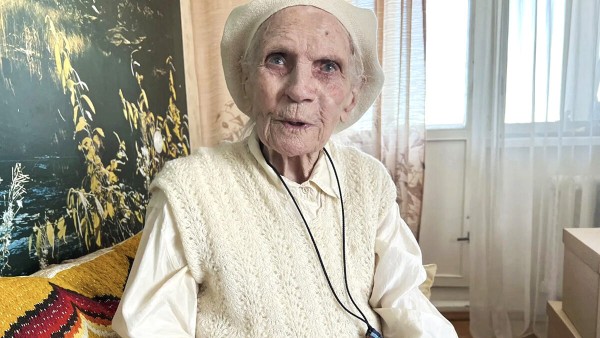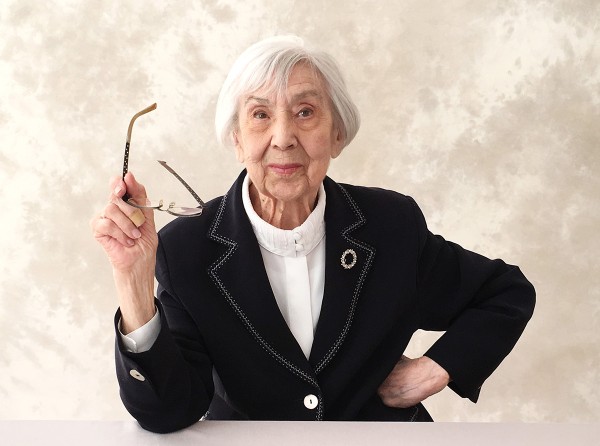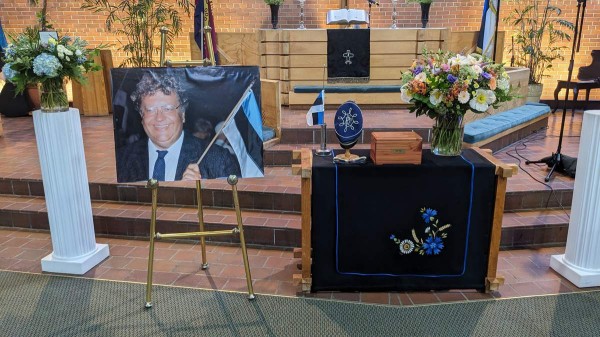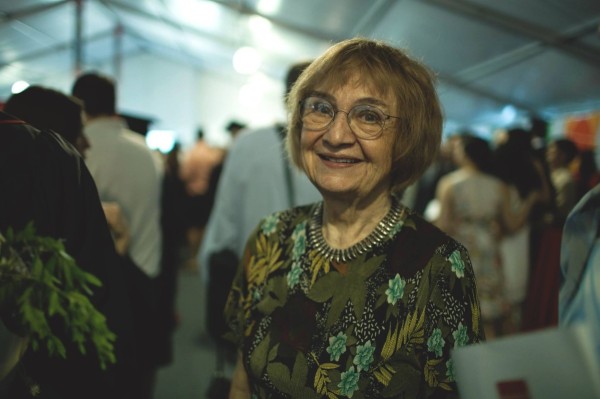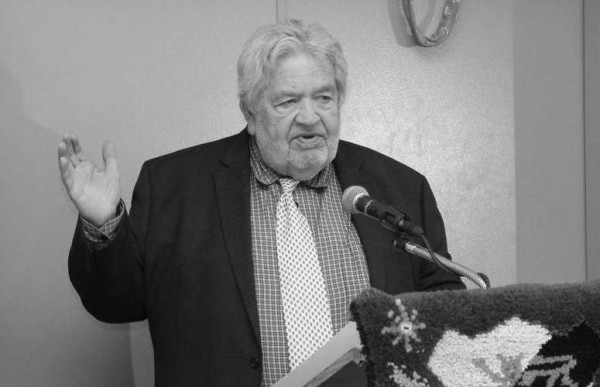In Memoriam Romil Valgemäe, M.D. (1924 – 2005)
My first memories of Romil go back more than sixty years. I must have been about five or six at the time, while Romil was already in high school. Though he was my uncle, he was only eleven years my senior, whereas he was fifteen years younger than his brother, my father.
Romil’s exuberant piano and accordion playing offered an alternative to my father’s more restrained classical cello music and made him my childhood hero. At that time Estonia was under the first Soviet occupation or perhaps Hitler’s armies had already invaded the country, and this particular spot of time I now recall has Romil initiating me into the mysteries of chess. But what bears remembering in sharper detail involves my uncle’s determination and tenacity to achieve his dream of becoming a physician.
Romil graduated from gymnasium in 1943, the year the Russians finally defeated the Germans at Stalingrad. As a consequence, university applicants in German-occupied Estonia were required to join the nonmilitary labor battalions and serve a one-year tour of duty – not a particularly heavy price to pay for being able to study medicine. But the Germans did not keep their word. Instead of being released, the working stiffs had to exchange their picks and shovels for rifles and machine guns and were sent to the front, where Romil became a medic and soon found himself a prisoner of war. Freed from a minimum-ration British POW camp in 1945, where he survived by working as a translator and – what probably saved his life – as a cook, he finally managed, in 1946, to actually attend medical school at the University of Freiburg. By the time Romil had finished all course work, he had to stop his studies, for thanks in part to my father’s help (our family had come to the United States earlier that year),
Romil immigrated to America in August of 1949. His first job in the new country, which he got by walking in off the street, was as an orderly in the surgery ward at New York’s Mount Sinai Hospital.
Immediately, Romil began to explore the possibility of finishing his medical training, but before he could afford to apply to any schools, the Korean War broke out and he was drafted into the United States Army. Instead of attending lectures on some bucolic college campus, Romil soon found himself soaking up bloody firsthand experience as a medic at a military hospital.
Discharged in 1952 and eligible for veterans’ benefits, Romil applied to fourteen institutions of higher learning, but the Estonian consulate in New York refused to authenticate the translations of his high school diploma and the certificates from the University of Freiburg, and Romil was forced to find work as an insurance agent. Then a fat envelope arrived from the University of Minnesota, dangling (like a misplaced modifier) the word “acceptance” before his eyes, for there was still one tiny little problem. My uncle, whose educational gamut from grammar school to university had taken place in Europe – and who had been a translator in a British POW camp – had never been formally introduced to the arcana of English composition.
And so, the most hated course of American college freshmen became the final obstacle to Romil’s getting into medical school.
But he persevered. He worked all kinds of menial jobs, including a stint as a Fuller Brush Man, for his veteran’s benefit checks were slow in arriving, passed the required writing course, was officially accepted into the sacred circle of medical students, and in the glorious spring of 1957, after a veritable odyssey of fourteen years (in number symbolism fourteen aptly stands for the principle of justice) Romil finally received his M. D. degree from the University of Minnesota.
The rest, as they say, is history.
In Memoriam Romil Valgemäe, M.D.
In Memoriam | 01 Apr 2005 | Mardi ValgemäeEWR
In Memoriam
TRENDING







